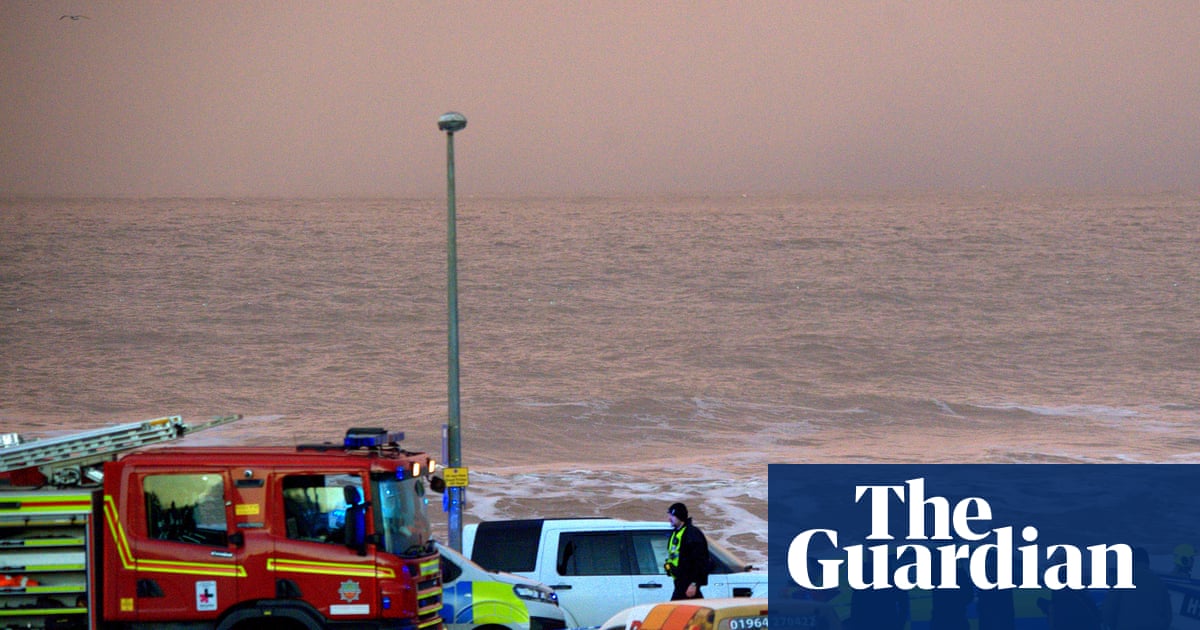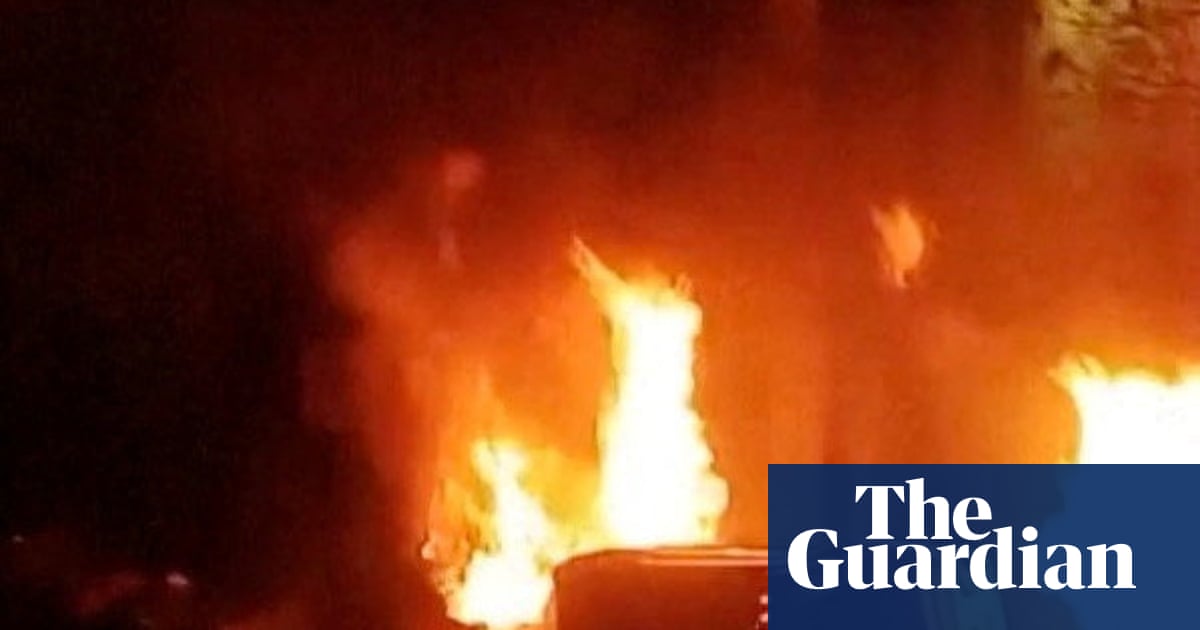A US district court judge on Monday rejected a suit by conservation groups challenging the Federal Aviation Administration approval in 2022 of expanded rocket launch operations by Elon Musk’s SpaceX next to a national wildlife refuge in south Texas.
The groups said noise, light pollution, construction and road traffic also degrade the area, home to endangered ocelots and jaguarundis, as well as nesting sites for endangered Kemp’s Ridley sea turtles and for threatened shorebirds. US district judge Carl Nichols in Washington said FAA had satisfied its obligation “to take a hard look at the effects of light on nearby wildlife”.
Donald Trump signed an executive order on 13 August – titled Enabling Competition in the Commercial Space Industry – that would relax environmental rules for commercial spaceship companies, apparently benefitting Elon Musk. The companies may be able to forgo the environmental reviews that are required under the National Environmental Policy Act (Nepa).
Private space companies are required to obtain launch permits from the Federal Aviation Administration (FAA). And, as part of that process, companies are subject to review under Nepa.
These environmental reviews are required because rocket launches and landings can be enormously disruptive to local towns and residents, along with the natural surroundings. Exhaust, smoke plumes and sonic booms created at launch can injure and kill endangered species, and detritus from exploded rocket parts returning to Earth can harm fish and marine animals with hazardous material spills, fuel slicks and falling objects.
Trump said it was imperative to national security that the private rocket-ship industry increase launches “substantially” by 2030.
SpaceX has been seeking to increase its rocket launches and landings around the country even as it has been embroiled in the lawsuit brought by environmental groups for violating the National Environmental Policy Act. The groups say the FAA did not do a thorough enough environmental assessment of SpaceX’s impact to endangered species regarding its rocket launches in Boca Chica, Texas.
The lawsuit looked at the first launch of SpaceX’s massive Starship rocket in Texas in April 2023. The rocket, which is designed to one day make it to Mars, pulverized its launchpad on takeoff, sending chunks of concrete flying six miles (10km) away. The blast ignited a grassfire that burned nearly 1.5 hectares (4 acres) of state park and, from what is known, destroyed a nest of bobwhite quail eggs and a collection of blue land crabs.
The FAA announced in May that it had given SpaceX permission to increase its number of Starship launches in Texas from five per year to 25. SpaceX has also been seeking to increase launches of its smaller Falcon rockets from Vandenberg space force base in California from 50 per year to 95.
Dara Kerr contributed reporting

 3 months ago
78
3 months ago
78

















































